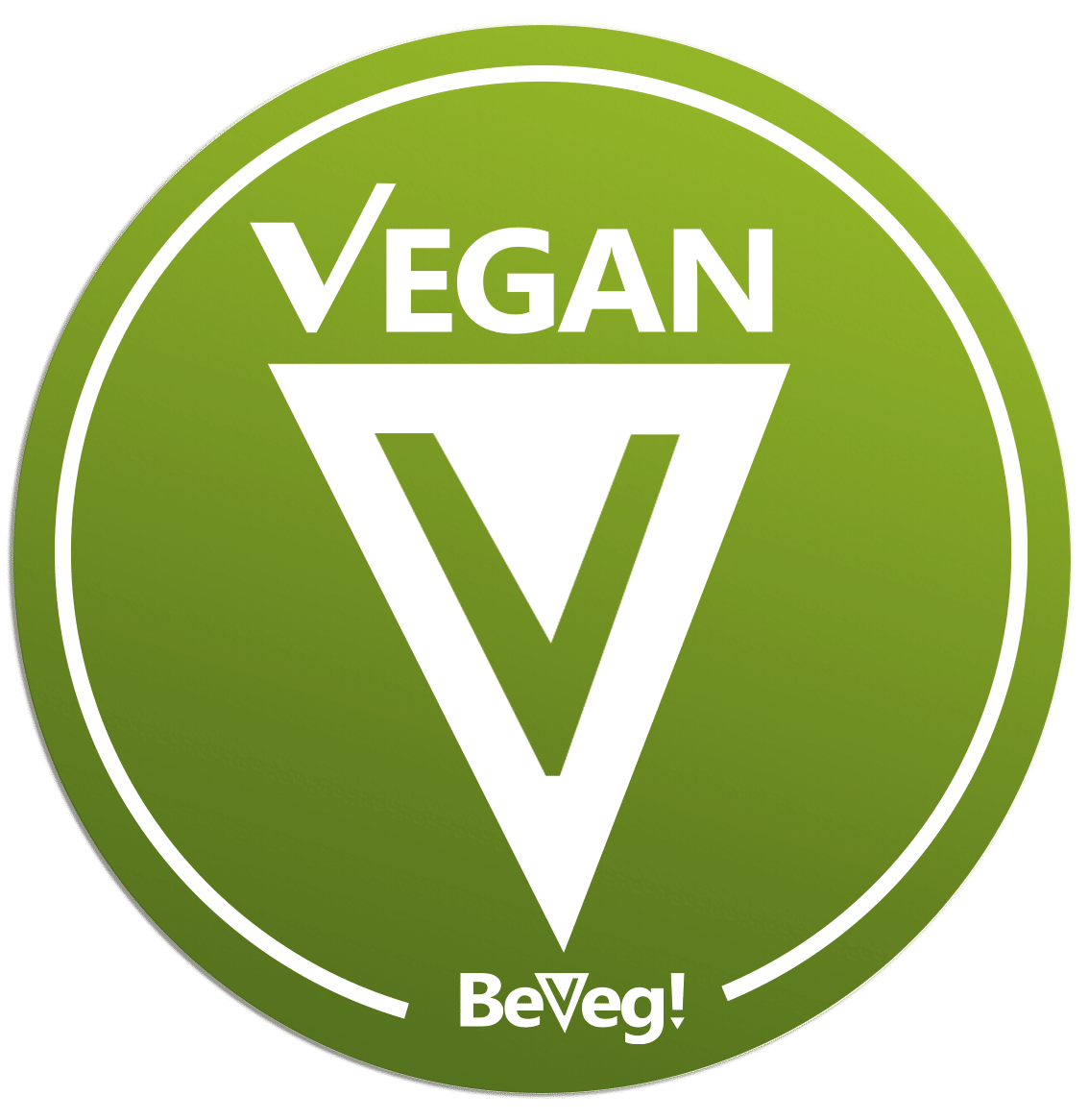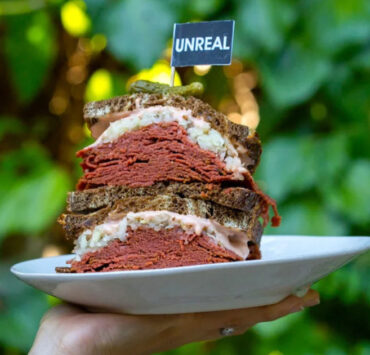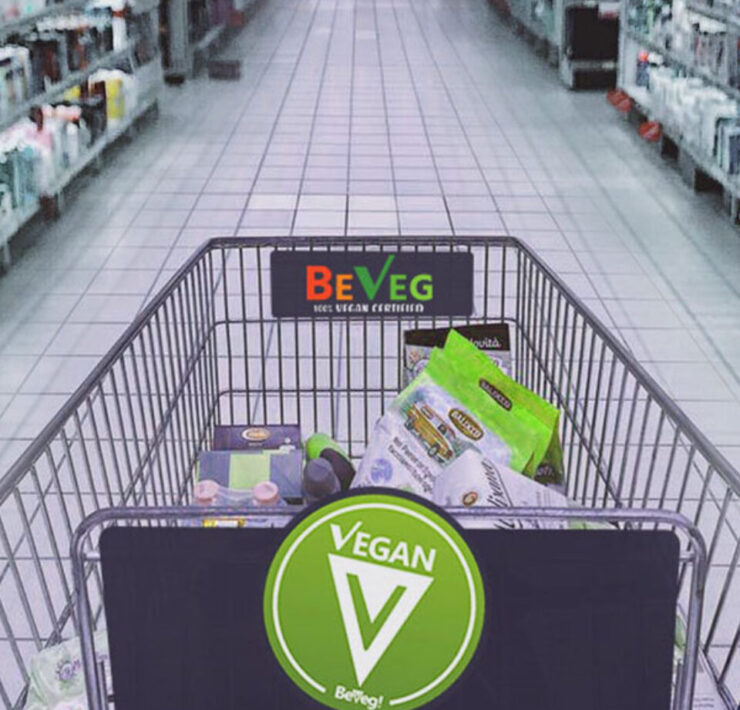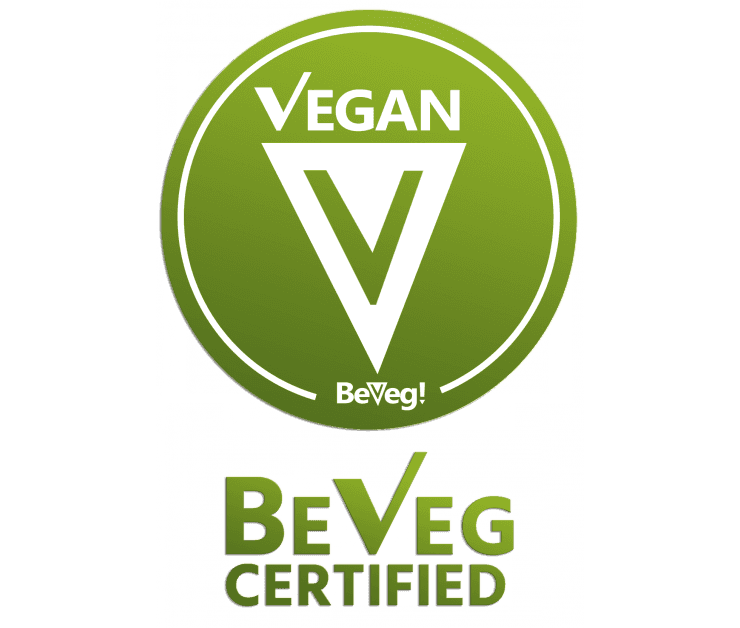
Vegan Certification For Retail Private Labels, as provided by BeVeg, is lending confidence to retail private labels. BeVeg vegan certification is a Differentiated vegan product certification that delivers quality assurance internationally. More than a trademark, but a standard that spans the supply chain and industry sectors. BeVeg is the world’s only third-party certification for Vegan products and facilities with worldwide acceptance, accreditation and recognition under ISO, making it the most reliable and consistent benchmark for Vegan label claims. BeVeg vegan certified products guarantee the authenticity of the final vegan labeled product.
As demand for vegan products grows in the plant based and retail space, it is increasingly important for private label retailers to ensure their products meet plant-based consumer expectations, as plant-based consumer purchasing habits have increased to more than 79 million U.S. households, according to Spins, and as such, so has the demand for vegan certified product claims, as “vegan” attributes are what plant-based consumers, flexitarians, and animal allergen sufferers look for; the product certification claim for 100% plant based & cruelty-free products is, “vegan.”
BeVeg is a clearly differentiated vegan certification program for retailers that lends real credibility to vegan claims through third-party audits. Vegan Certification For Retail Private Labels, as provided by BeVeg vegan certification stands out from other vegan trademarks, as it is the world’s only ISO accredited vegan certification standard with third-party annual audits and animal allergen controls. Therefore, retailers can assure their customers that their private labelled products are truly vegan, and have met the highest standards of vegan quality assurance and integrity.
Third-party certification results in reduced risk to retailers and brands as the criteria “raises the quality bar” by delivering trust and integrity, and by managing risk to prevent cross-contamination. In short, BeVeg is a process and product quality assurance program that holds both Vegan certified facilities and products accountable through annual audits. The vegan certification program with BeVeg addresses animal allergen risks with audits and SOPs, helping those with allergies to animal-derived products such as egg, dairy, seafood, wool, or silk consume with confidence. This allows consumers and retailers to avoid confusing claims such as “may contain” that clearly compromise vegan claim integrity.
“BeVeg vegan certified products protect retailers, brands, and consumer interests. It is a win-win,” says Carissa Kranz, Esq., CEO of BeVeg International Vegan Certification. “This is particularly important for retailers looking to tap into the growing market for vegan products, as it can help them differentiate their products from other non-certified options, which helps them gain consumer loyalty all while protecting their brand from liability or expensive product recalls.”
Third-party certification is the highest quality system one can achieve in the world of product labeling and certifications, as it ensures products have been comprehensively evaluated by an independent party for compliance with an accredited standard developed by industry experts and stakeholders. Companies must work with third-party technical administrators to get their products certified, and these technical administrators (i.e. NSF, Food Chain ID (“FCID”), & the Orthodox Union (OU)) are skilled industry professionals. One benefit of the BeVeg vegan certification program is the ability to bundle the audit and certification with other high standard certifications such as organic, kosher, non-GMO, SQF, NSF sport, and more. Bundling provides a time and cost savings for brands looking for multiple product claims during the same application and audit process.
While BeVeg is separate from NSF, OU, FCID and other certification bodies, and though there is no exclusivity, given the longstanding trusted retail business relationships with NSF, FCID, and OU, there is a key benefit to adding BeVeg certification to audits already conducted by NSF, FCID, or OU for existing retail private labels. Mainly, if retailer products are already in the system of NSF, FCID, or the OU for other certifications, they can use the product/ingredient submission forms already on file when they request their vegan review, and the on-site audit can happen during their next facility audit as a bundle with the other pre-existing certifications. Meaning, the certification bodies can support the retailers transition to official vegan claims with minimal, if any, factory and supply chain disruption.
Recent studies yield the following key statistics:
–96% of consumers are more likely to purchase if clearly labelled “vegan” and 69% will switch supermarkets if competitor grocer labels “Vegan.” (Plant-Based News)
–91% of consumers prefer products labelled with an independent stamp guaranteeing the product is “Vegan” (Vegconomist)
–“Vegan” labels INCREASE supermarket brand owned SALES, with 96% more likely to purchase if clearly labelled “Vegan.” (Plant-Based News)
–“Confidence crisis” as 80% are “very suspicious” “not confident at all” or only “fairly confident” that the Vegan product in their market does not contain animal. (LLOYDS REGISTER)
–Vegan labeled food market potential estimated forecast: $162 billion by 2030. (BLOOMBERG)
–Global plant milk market is expected to exceed $21 billion by 2024 as ⅓ population prefers non-dairy milk. (Morning Consult, GLOBAL MARKET
INSIGHTS)
— 85% say their purchasing decisions are informed from product packaging. 87% millennials want more information & transparency on packaging. (Bizz Report)
— Miyoko’s plant-based cheese company claims “phenomenally Vegan” and sales increased 300% last year 2022. (FORBES)
–“Vegan” claims outperform plant-based meat category growth. “Vegan” claim coupled with “plant-based” drove a 26% year-over-year increase worth $838M in plant-based meat sales and 16% increase worth 1.6B in plant-based milk sales. (FOOD NAVIGATOR)
— 128% increase in Vegan ™ Use in UK in 2020 (Unchained TV)
— Vegan space is a multi-billion-dollar industry, with 79 million U.S. households seeking out purchasing plant-based products in 2022. (The Guardian)
Key benefits:
–Save time and money. Opportunity to bundle BeVeg Vegan certification with other NSF, FCID or OU kosher certifications (such as Dietary Supplements, GFSI, Non-GMO, Organic, Gluten-Free etc).
–Reduce risk, protect brand and add resilience to the supply chain.
–Reduce the likelihood of expensive product recalls with rigorous cross-contamination, and animal allergen controls.
–Help consumers feel their best. BeVeg certification further delineates the intent of food safety and manufacturing practices that deliver health and dietary information to consumers on products.
–A trusted partnership with NSF, FCID and OU already exist so it is easy and turnkey for retailers to achieve or add on the official Vegan audit program to further support overall retail quality assurance programs that address high-risk products and the importance of quality ingredients for added consumer confidence.
–Consumer protection laws. Existing laws fall short in defining Vegan, but consumer protection laws extend to protect the intent behind Vegan claims so plant-based consumers can make informed purchasing decisions based on labels. Plant-based consumers seek Vegan attributes in labels.
Bottom line: As retail private labels increase in popularity and demand, there is a unique opportunity to provide high-quality products to customers while maintaining control over brand quality, profitability, and without compromising transparency. All in all, retailers benefit from partnering with BeVeg by obtaining Vegan Certification For Retail Private Labels, that provides marketing edge for their private label vegan certified products, as the BeVeg accredited program exemplifies “continuous improvement”, which builds upon the requirements of retail private label brands and other retail internal Vegan review programs. BeVeg vegan certification for retailers is an opportunity to educate and protect the consumers as BeVeg is the only gold standard, audit-based, third-party accredited Vegan certification program in the world. The stringent standards set out by BeVeg, help retailers launch products with confidence that consumers can continue to trust.
BeVeg is independently ISO 17065 accredited and the BeVeg Vegan certification program operates in accordance with an ISO 17067-recognized product certification conformity assessment program. Both deliver an extra level of assurance. To ensure consistent global application, there is a comprehensive auditor training program and uniform global audit checklist to hold vegan certified claims accountable and to ensure such claims remain meaningful. BeVeg delivers an actual accredited standard, managed by a law firm, food and product safety experts, and attorney advocates to protect mainstream interests in accordance with existing and intended consumer protection laws. Eligible products may include: food products (including snacks, spreads, dips, ice cream), beverages (including coffee, wine, beer and spirits), household and personal care items, dietary supplements and vitamins, cosmetics, textiles. The vegan product certification claim is suitable for: ingredient manufacturers, manufacturing facilities, private labelers, co-packing plants, finished products.
Final certified vegan products can place the BeVeg Vegan trademark on their product packaging, thereby allowing consumers to easily and immediately recognize that the product is officially and meaningfully Vegan. Only products that meet the BeVeg vegan certification process standards are allowed to use the vegan trademark. BeVeg has trademark representation and registration in most countries with more being added as needed, giving confidence internationally, wherever you operate.









